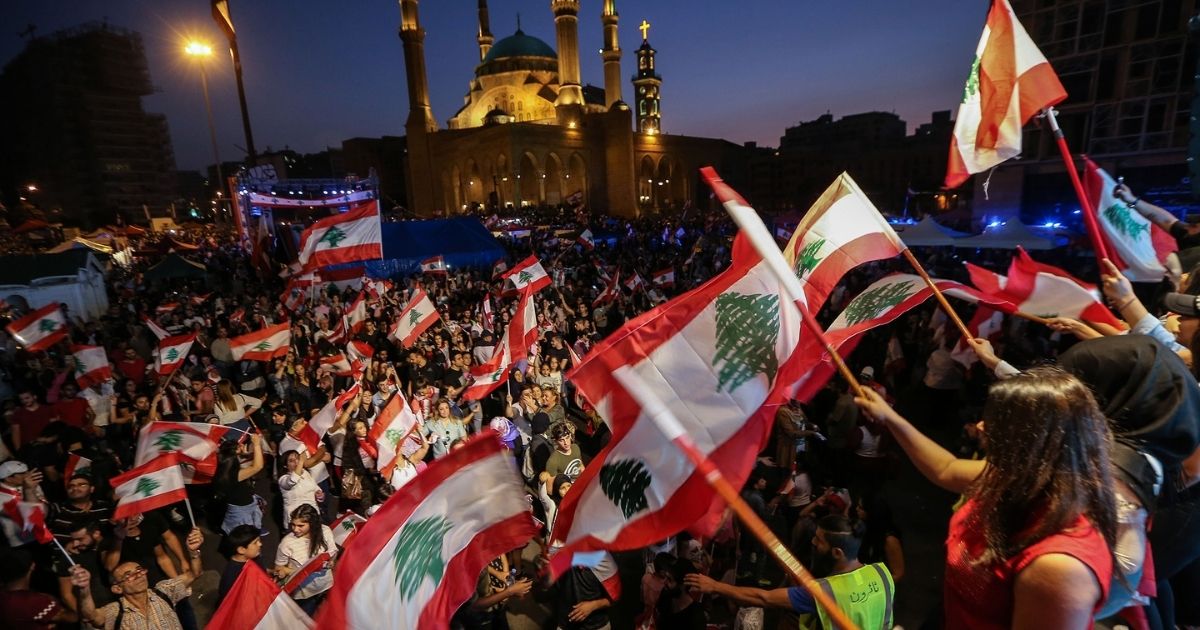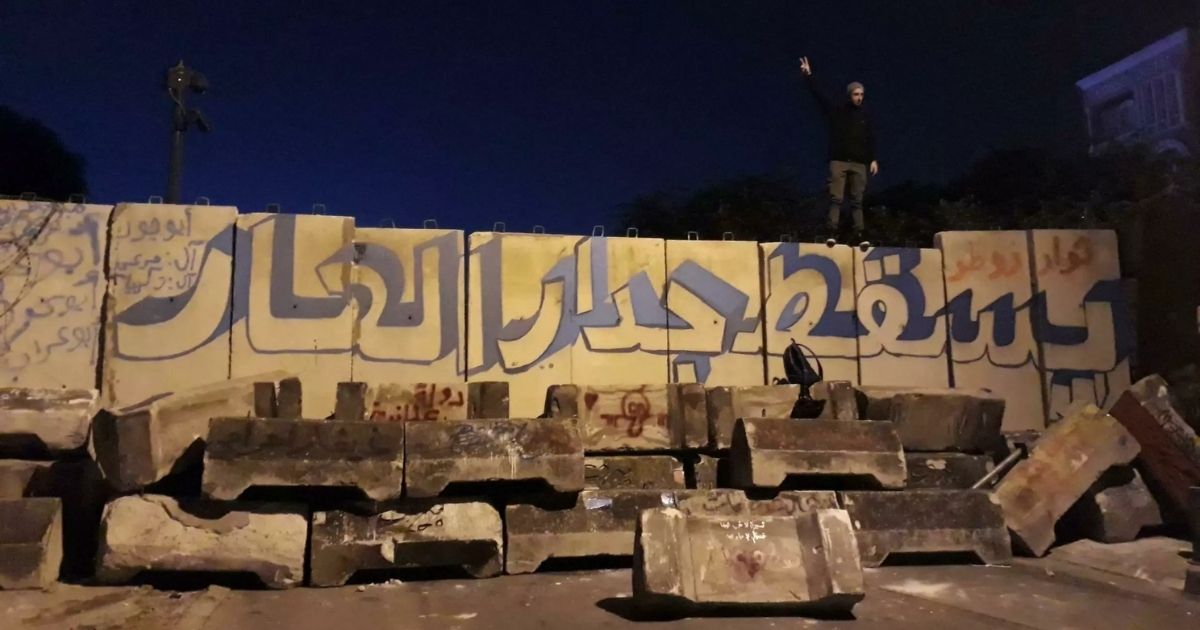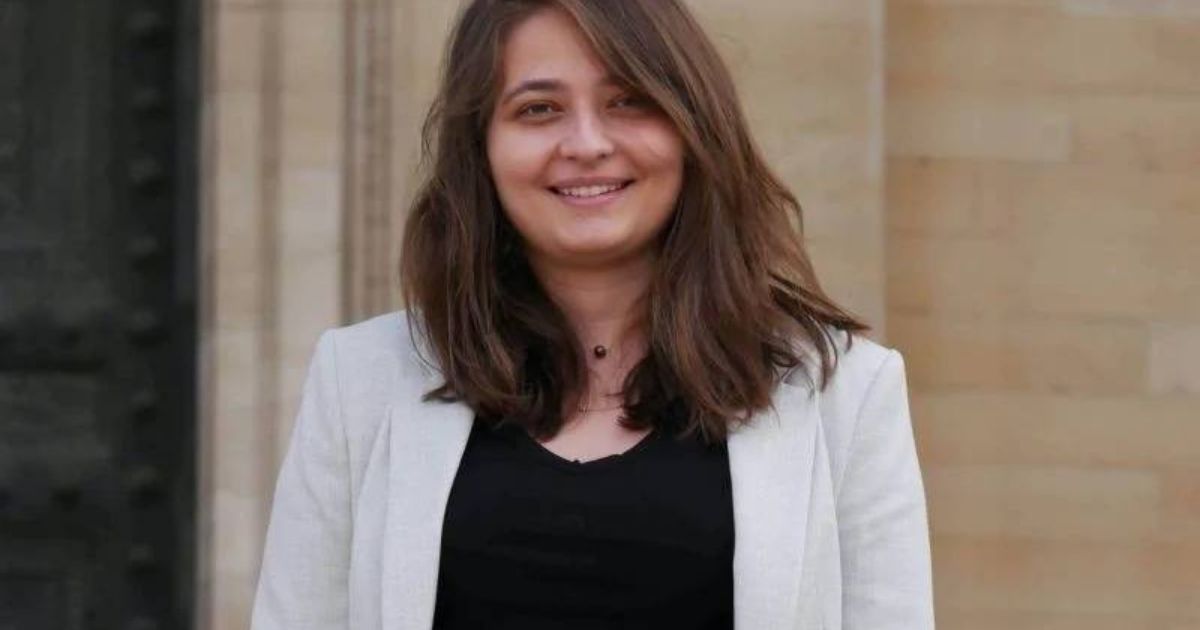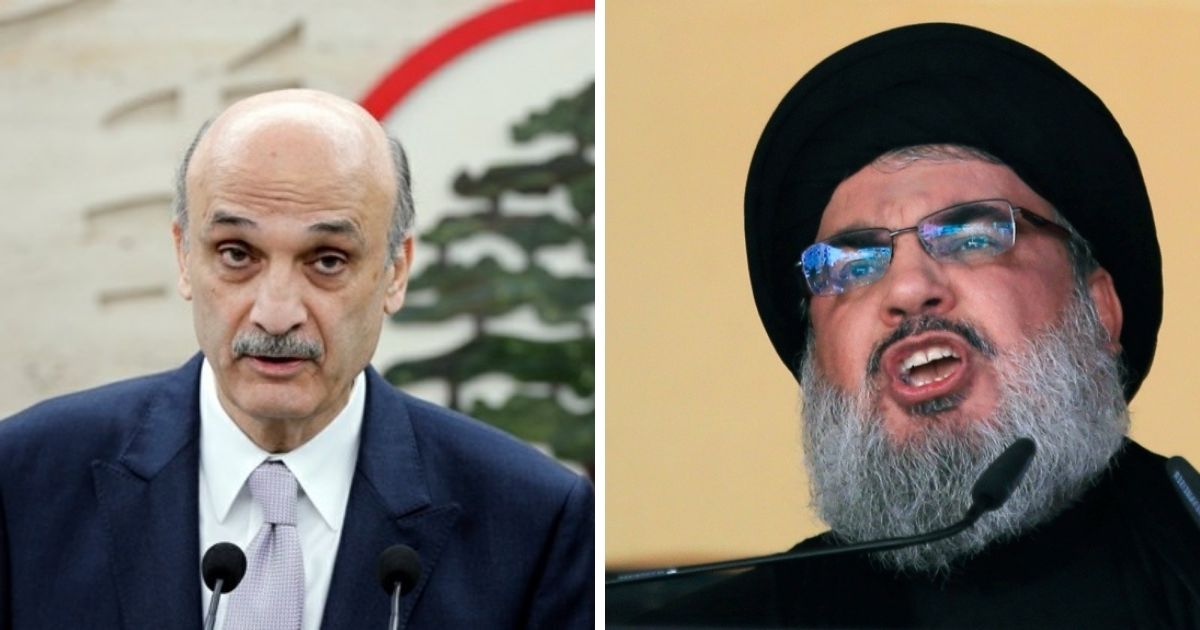The Lebanese revolution is the eventual outcome of a series of unfortunate events, the latest of which was the implementation of taxes on the suffering Lebanese people. But prior to the events that befell the country, a colossal catastrophe laid waste to a large piece of our dear nation.
The wildfires that took Lebanon by surprise back in October exterminated 20 years’ worth of reforestation efforts made by Non-Government Organizations like Lebanon Reforestation Initiative (LRI). The start of the uprising on October 17th stormed soon after and took the spotlight away from the terrible aftermath of the disaster.
The revolution has been the center of attention for the past 34 days and for good reason; it’s slowly, but surely, making achievements and stirring up change.
In political and social fields, the change is becoming more noticeable as we progress, but there are other important fields that the revolutionaries must not shove aside.
The environment we live in has a profound direct impact on our lives, health, and society as a whole. The immense forests and trees that we lost to the wildfires are a great loss for our biosphere in Lebanon, and if we don’t collaborate to protect what’s left of them and, more importantly, restore what was burned, then we will be facing dangerous consequences.
One of the major needs protesters are demanding is reformation. But that word is too broad on its own, and what’s generally meant by it when it’s used in demonstrations are political, economic, and social reforms.
But reformation doesn’t end there; a full and proper reformation deals with all aspects of the state and reaches every nook and cranny in it.
Restoring life to the natural habitats of Lebanon, which have been a signature of Lebanon’s beauty for a very long time, is not a complementary action that can be postponed over and over again.
It is, in fact, a very urgent situation that ought to be addressed sooner than later.
The greenery that Lebanon has lost is not something to take lightly and the necessity of forests for animals, including us humans, cannot be underestimated.
Forests not only provide habitats for numerous animals and plants but also clean the atmosphere by absorbing Carbon Dioxide, synthesize the pure air that we breathe, offer watershed protection, prevent soil erosion, and mitigate climate change.
Some local organizations, such as Jouzour Loubnan, are actively working on planting trees and reforesting the areas that were destroyed by the flames. But the immense scale of destruction cannot be compensated that easily; more collaboration is required for that.
As revolutionaries, it is our duty and goal to make Lebanon a better place, and what good would it be without its famed soaring trees and arresting natural beauty?
If every protester planted a single tree, we would have so much more vegetation that used to be before the wildfires! All it takes is will and a little bit of spare time.
It’s so easy to organize events these days via social media platforms; look at the way protesters are using social media to plan their next steps for instance.
You certainly don’t need to be a full-blown activist or environmentalist to plan a tree-planting event in your area! All you need is a Facebook account with some friends to share your endeavor with.
Collaboration makes everything easier. If you’re good with Photoshop, for example, you can create an attractive image to promote the event so it can be shared on a wider scale, add a date, time, and place, and details, then have your handy friends take care of the necessary groundwork and preparations while you share the event online.
It doesn’t have to be one countrywide event either (although that would be awesome!) This can be done several times across many villages and forest locations by groups of collaborators living close to each other within the same municipalities or neighborhoods.
Your involvement matters no matter how small your group may be. Do it for your country; for your children and their children’s’ children, so that Lebanon may forever remain the cherished piece of land that it always has been, for the coming generations.
Our land, our responsibility. We ought it to our wounded Lebanon to make it Lebnan El-Akhdar again.
Follow us on Instagram @the961 and on Twitter the961com as we are currently covering the Lebanese revolution stories. Also, join us on Facebook @The961 to engage with our fans in Lebanon and across the world.























